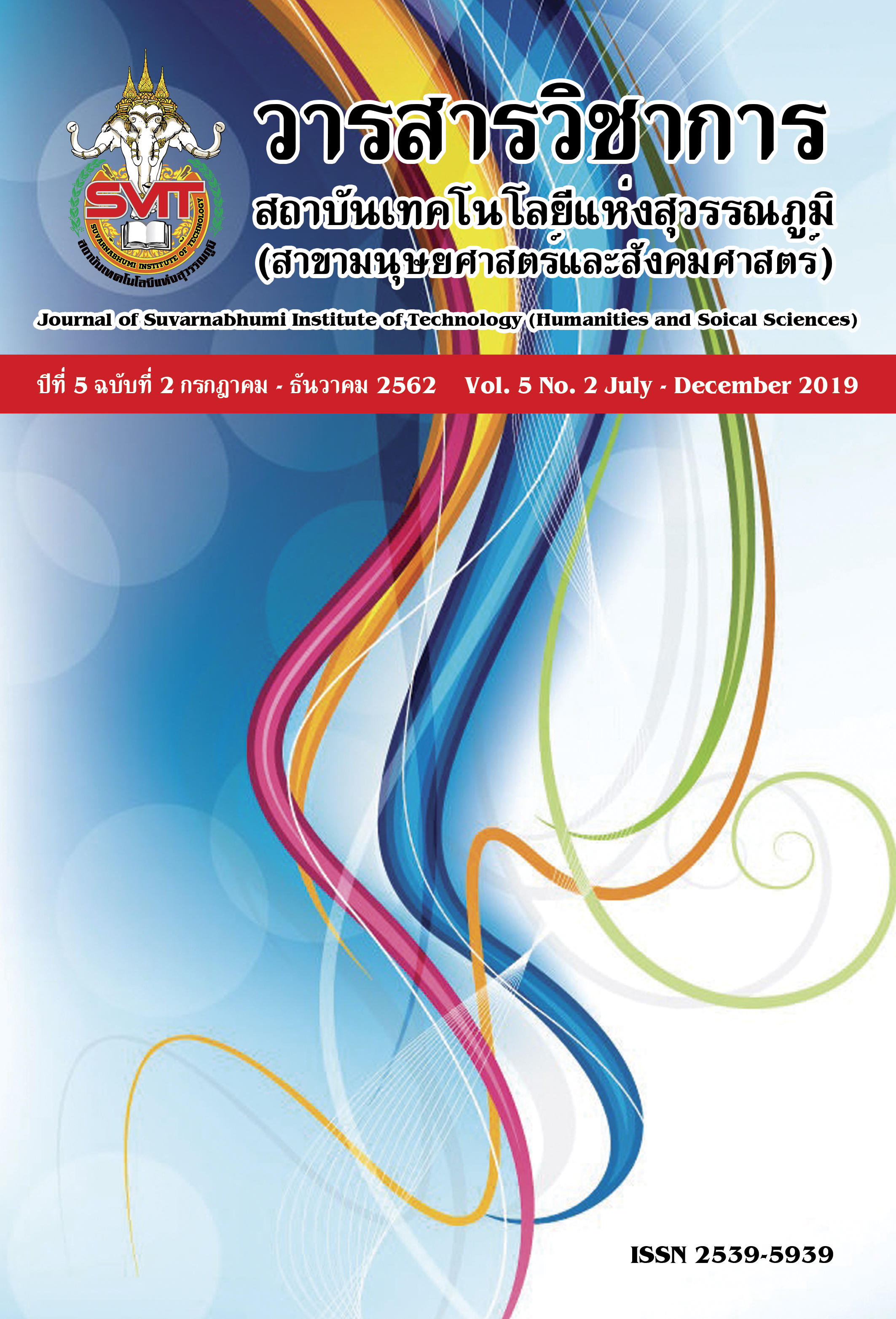FACEBOOK POSTS FOR ACTIVE ENGAGEMENT IN STARBUCKS’S FAN PAGE: THE MEDIATING ROLES OF BRAND SELF-EXPRESSIVENESS AND BRAND JEALOUSY
Keywords:
Facebook Posts, Vividness, Interactivity, Active Engagement, Brand Self-expressiveness, Brand JealousyAbstract
This research aims to validate the proposed structural equation model containing the main variable—Facebook posts—information and entertainment posts—as influenced by two characteristics of the posts—vividness and interactivity. Within the model, the Facebook posts are proposed to directly and indirectly influence active engagement. For the indirect relationship between the posts and active engagement, brand self-expressiveness and brand jealousy are respectively tested as two mediating variables. Using Web Survey, this quantitative research obtained the data from Facebook users who have followed Starbuck’s Facebook for at least one month. All fit indices fall in acceptable ranges with all significant inferential statistics. The research findings contribute to our knowledge with regards to the content marketing strategies and several important variables. The findings also provide strategic guidelines for online marketers to enhance users’ active engagement in their Facebook brand fan pages.
References
Bagozzi, R. P., & Dholakia, U. M. (2006). Open source software user communities: A study of participation in Linux user groups. Management science, 52(7), 1099-1115.
Bagozzi, R. P., & Yi, Y. (1988). On the evaluation of structural equation models. Journal of the academy of marketing science, 16(1), 74-94.
Beukeboom, C. J., Kerkhof, P., & de Vries, M. (2015). Does a virtual like cause actual liking? How following a brand's Facebook updates enhances brand evaluations and purchase intention. Journal of Interactive Marketing, 32, 26-36.
Carroll, B. A., & Ahuvia, A. C. (2006). Some antecedents and outcomes of brand love. Marketing letters, 17(2), 79-89.
Cronbach, L. J. (1970). Essentials of psychological testing. New York: Harper and Row.
De Vries, L., Gensler, S., & Leeflang, P. S. (2012). Popularity of brand posts on brand fan pages: An investigation of the effects of social media marketing. Journal of interactive marketing, 26(2), 83-91.
Dillman, D. A. (2011). Mail and Internet surveys: The tailored design method--2007 update with new Internet, visual, and mixed-mode guide. John Wiley & Sons.
Fornell, C. & Larcker, D. F. (1981). “Evaluating structural equation models with unobservable variables and measurement error”, Journal of Marketing Research, Vol.18 (1): 39-50.
Gutiérrez-Cillán, J., Camarero-Izquierdo, C., & San José-Cabezudo, R. (2017). How brand post content contributes to user's Facebook brand-page engagement. The experiential route of active participation. BRQ Business Research Quarterly, 20(4), 258-274.
Hee Kwak, D., & Kang, J. H. (2009). Symbolic purchase in sport: the roles of self-image congruence and perceived quality. Management Decision, 47(1), 85-99.
Hollebeek, C. R., & Kaikati, A. M. (2012). Consumers' use of brands to reflect their actual and ideal selves on Facebook. International Journal of Research in Marketing, 29(4), 395-405.
Hollebeek, L. D., Glynn, M. S., & Brodie, R. J. (2014). Consumer brand engagement in social media: Conceptualization, scale development and validation. Journal of interactive marketing, 28(2), 149-165.
Kang, J.H. (2002), “A structural model of image-based and utilitarian decision-making processes for participant sport consumption”, Journal of Sport Management, Vol. 16, pp. 173-89.
Kressmann, F., Sirgy, M. J., Herrmann, A., Huber, F., Huber, S., & Lee, D. J. (2006). Direct and indirect effects of self-image congruence on brand loyalty. Journal of Business Research, 59(9), 955-964.
Laroche, M., Habibi, M. R., & Richard, M. O. (2013). To be or not to be in social media: How brand loyalty is affected by social media?. International Journal of Information Management, 33(1), 76-82.
Loureiro, S. M. C., Ruediger, K. H., & Demetris, V. (2012). Brand emotional connection and loyalty. Journal of Brand Management, 20(1), 13-27.
Luarn, P., Lin, Y. F., & Chiu, Y. P. (2015). Influence of Facebook brand-page posts on online engagement. Online Information Review, 39(4), 505-519.
McAlexander, J. H., Schouten, J. W., & Koenig, H. F. (2002). Building brand community. Journal of marketing, 66(1), 38-54.
Mollen, A., & Wilson, H. (2010). Engagement, telepresence and interactivity in online consumer experience: Reconciling scholastic and managerial perspectives. Journal of business research, 63(9-10), 919-925.
Pulizzi, J. (2012). The rise of storytelling as the new marketing. Publishing Research Quarterly, 28(2), 116-123.
Sarkar, A., & Sreejesh, S. (2014). Examination of the roles played by brand love and jealousy in shaping customer engagement. Journal of Product & Brand Management, 23(1), 24-32.
“Stats Don't Lie - Facebook Is Still the King of Social – Especially in Thailand.” Lexicon, 17 May 2018, lexiconthai.com/uncategorized/stats-dont-lie-facebook-is-still-the-king-of-social-especially-in-thailand/.
Srivardhana, T. (2017). Structural Equation Modeling of Self-image Congruence, Consumer Centric, Content Marketing Strategies, and Brand Loyalty of Leading Thai Banks’ Facebook Followers. Journal of the Association of Researchers, 22(1), 256-265.
Downloads
Published
Issue
Section
License
The articles published are copyrighted by the Sarasas Journal of Humanities and Social Science. The opinions expressed in each article in this academic journal are those of the individual authors and do not reflect the views of Sarasas Suvarnabhumi Institute of Technology. The authors are solely responsible for all aspects of their respective articles. Any errors or inaccuracies in the articles are the sole responsibility of the authors.



